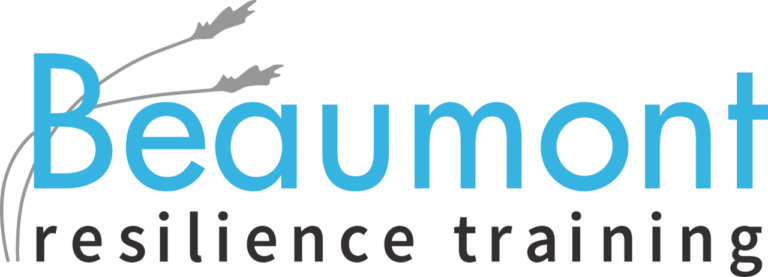
Conflicts in the workplace are a common occurrence, and how they are handled can have a significant impact on an organisation’s culture, productivity, and employee morale. Beaumont Resilience Training, a pioneer in delivering resilience training in the UK and Europe, understands the importance of addressing workplace conflict effectively. In this blog post, we’ll explore various strategies and techniques to help you deal with conflicts in the workplace, fostering a more harmonious and productive work environment.
Understanding Workplace Conflict
Conflict can manifest in various ways, such as differences in opinions, personalities, past traumas or work styles. It can also be triggered by issues like miscommunication, unmet expectations, or competition for resources. Regardless of its origins, conflict can lead to negative consequences, including decreased job satisfaction, reduced productivity, and a toxic work environment.
Dealing with Conflict
Open Communication:
One of the fundamental principles in resolving workplace conflicts is promoting open and honest communication. Encourage employees to express their concerns and perspectives while actively listening to others. Beaumont Resilience Training believes in the power of assertive communication, which involves clearly stating your needs and concerns without being overly aggressive.
Conflict Resolution Training:
Beaumont Resilience Training has extensive experience in providing conflict resolution training. This training equips employees and management with the skills and strategies necessary to address conflicts constructively. Learning to identify the root causes of conflicts, active listening, and negotiation techniques can be transformative in resolving disputes.
Mediation:
In cases where conflicts persist and direct communication hasn’t been effective, consider involving a neutral third party to mediate. Mediation can be a highly effective approach to finding common ground and reaching mutually satisfactory resolutions. It’s a service that Beaumont Resilience Training offers to organisations looking for a more structured conflict resolution process.
Emotional Intelligence:
Understanding and managing emotions is crucial in conflict resolution. Beaumont Resilience Training recognises the importance of emotional intelligence in navigating challenging situations. By developing emotional awareness and empathy, employees and leaders can better understand their colleagues’ perspectives and work towards collaborative solutions.
Establishing Clear Policies and Procedures:
Prevention is always better than cure. Beaumont Resilience Training recommends having clear workplace policies and procedures in place to address conflicts and ensure that employees are aware of them. These policies should emphasise fairness, confidentiality, and a commitment to resolving issues swiftly.
Peer Support and Mentoring:
Creating a supportive workplace culture can prevent conflicts from escalating. Beaumont Resilience Training encourages organisations to foster a culture of peer support and mentorship, where employees can turn to trusted colleagues or mentors for advice and guidance in resolving conflicts.
Conclusion
Dealing with conflict in the workplace is an ongoing process that requires proactive measures, effective communication, and training. Beaumont Resilience Training’s experience and expertise in resilience training, conflict resolution, and emotional intelligence make them a valuable partner in helping organisations address and prevent workplace conflicts.
Conflict, when managed correctly, can be an opportunity for growth and improvement within your organisation. By following the strategies outlined above and seeking professional guidance when necessary, you can create a more harmonious and productive workplace for your employees and contribute to the overall success of your organisation.
To learn more about Beaumont Resilience Training and the services they offer, visit their website at https://www.resilience-training.org.uk/.
